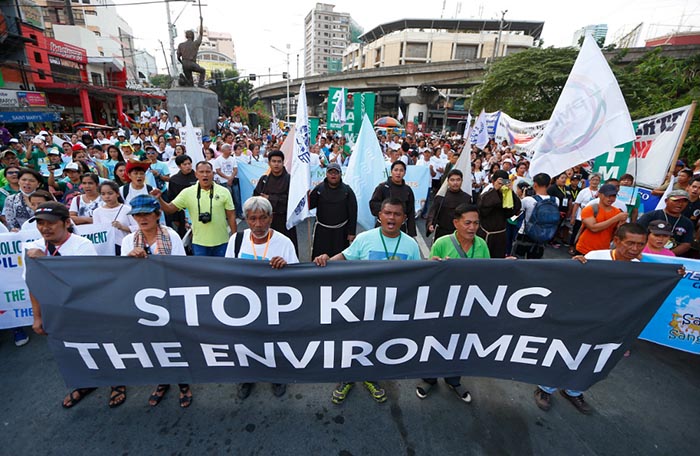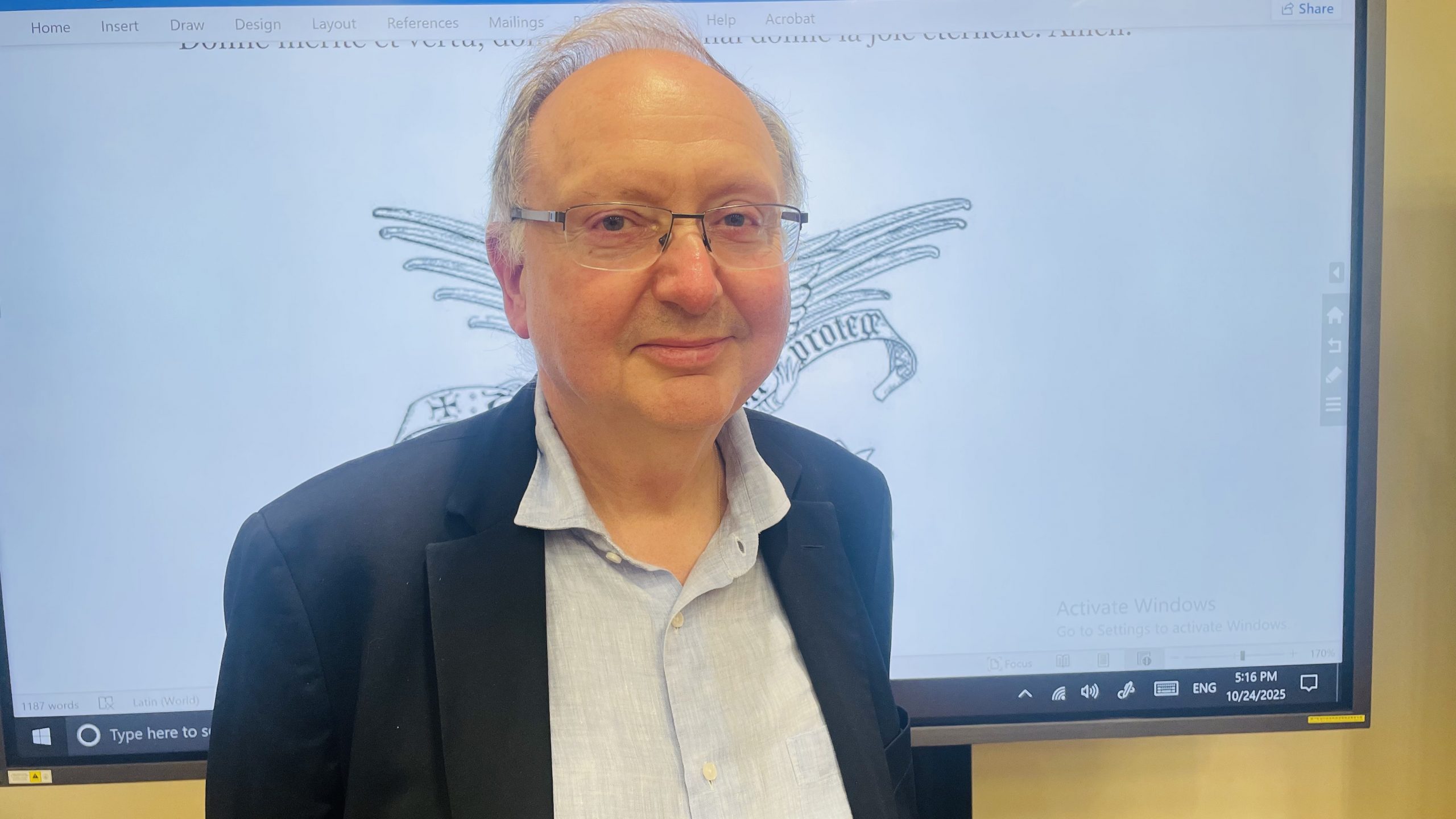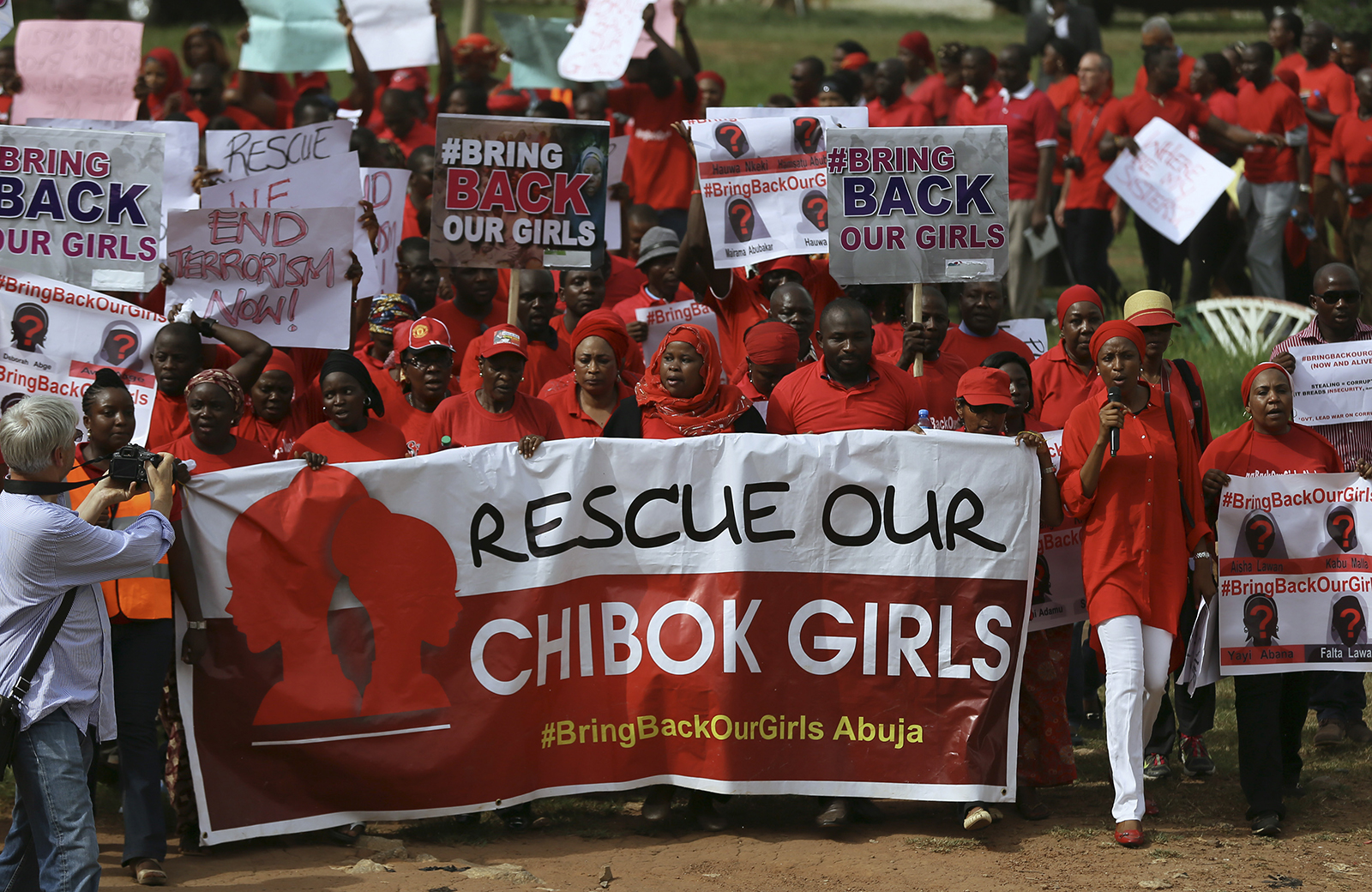Fr Leonardo E Dollentas
The Philippines is home to the biggest Catholic population in Asia and the third-largest in the world. Among 111 million Filipinos today, there are about 81 million Catholics comprising 85 dioceses. The country continues to depend heavily on burning coal for power and energy needs.
The downsides of coal power had been well known for years: “It emits greenhouse gases, contributing to global warming and causing acid rain. It releases chemicals harmful to humans, such as mercury and arsenic, which can have serious effects on the respiratory, cardiovascular and nervous systems.” (TheGreenAge, UK’s premier energy saving portal)
In recent years, the Church has come up with some awareness campaigns for the people to care for nature and the environment. The initial campaigns have evolved into persuasive approaches and the Church has been in the front lines opposing many coal-fired power plants and mining industries.
More recently, the Catholic Bishops’ Conference in the Philippines (CBCP) issued a pastoral statement criticizing large-scale mining as destructive to the environment and has intensified the Philippine Church’s involvement in social justice and environmental issues. Hence, many Catholic priests and religious have taken their environmentally focused campaigns to the streets and standing with communities against nature destructive activities such as illegal logging and large-scale mining. These priests and religious share sentiments with other environmental defenders in the country. Several of them have been murdered and the attacks have been linked to the mining industry, as well as hydropower, agribusiness, and logging projects. Even today, many environmental activists in the Philippines face death threats, intimidation, and arrests.
The environmental advocacies took a new dimension in 2015, when Pope Francis issued the “Laudato si” his second encyclical, which called for the “care for our common home.” Fr. Edwin Gariguez, the former executive secretary of the Catholic Bishops’ Conference of the Philippines’ National Secretariat for Social Action (CBCP-NASSA), the humanitarian and advocacy arm of the Catholic Church in the Philippines, explained: “There is a traditional belief that the Church should not meddle in social and environmental issues, that it only needs to focus on its role of giving the sacraments and celebrating the liturgies, but Pope Francis himself has said that we have a responsibility for social transformation, part of which is our obligation for the environment and to help the poor. And the “Laudato si” is a mandate, an imperative from the Church.”
In this encyclical, Pope Francis lamented the destruction of the environment, resolutely mentioning fossil fuels as the source of the rapidly warming planet. “We know that technology based on the use of highly polluting fossil fuels—especially coal, but also oil and, to a lesser degree, gas—needs to be progressively replaced without delay.” Many believe that the Pope’s concerns for environmental care and looking after our common home has been a considerable source of renewed inspiration for the global Catholic movement. The inspiration reverberates into the hearts of the Filipinos Catholics to streamline their activities from campaigns against mining companies to education drives and signature petitions to bring awareness and pressure to governments to shift away from using fossil fuels. They are coming into consciousness, to consider other cleaner alternatives that can help bridge the energy transition towards a greener future. (Photo courtesy of CBCP-NASSA)


 Follow
Follow


